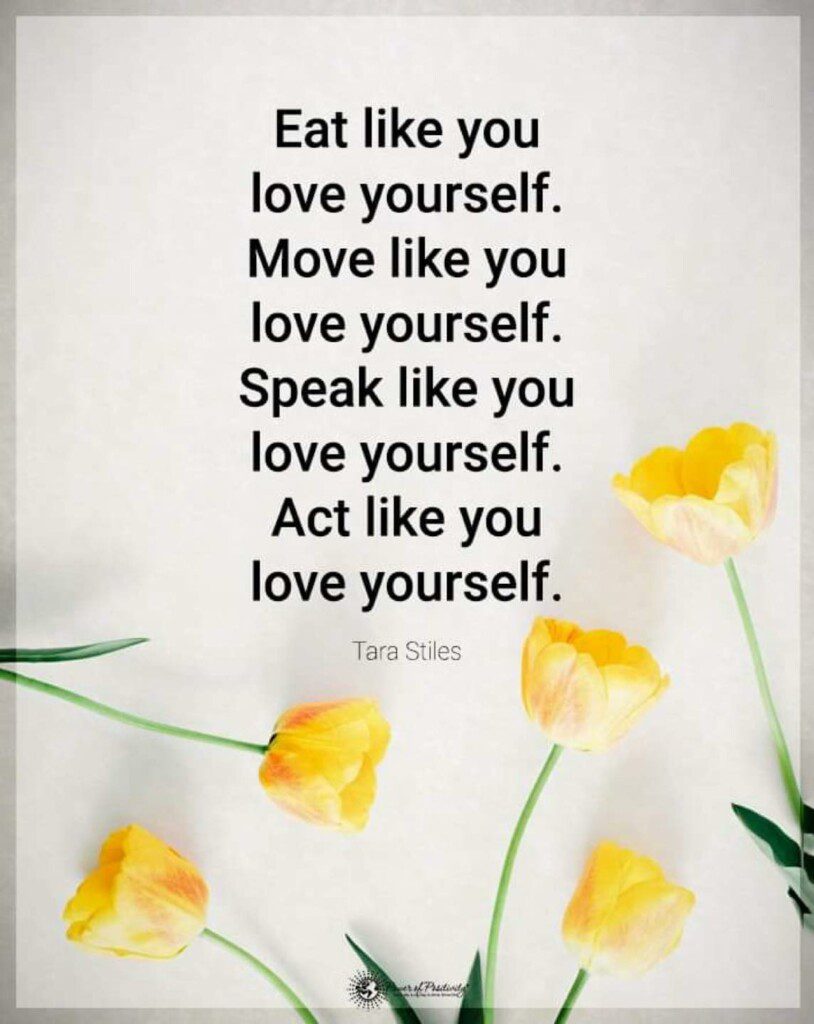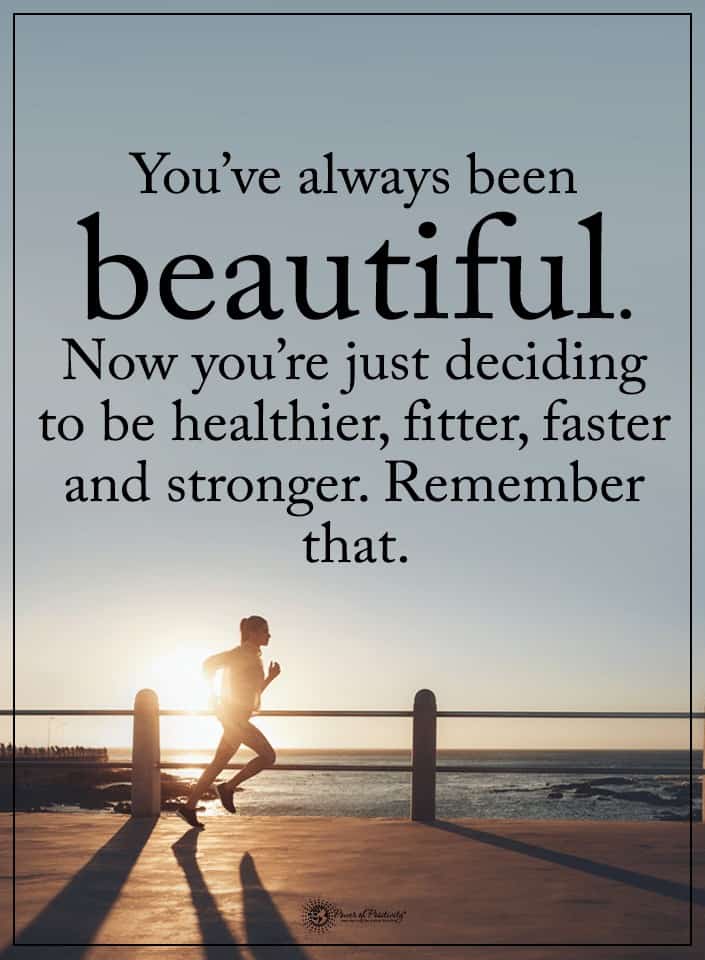Sophia Ellis, a UK-based vegan athlete, and two-time British champion proves that eating plant-based doesn’t make you weak. In April 2022, she made history and broke six national records at the British Women’s Classic Championships in Scotland.
She competed in the U76kg open class, deadlifting heavier weight than any female in British powerlifting history. She deadlifted 237.5kg (524lbs), holding a new British record in both Classic and Equipped categories in every weight class. Even more remarkably, it’s an unofficial record across all of Europe.
At the same powerlifting competition, Ellis also squatted 170kg (374 lbs) and bench pressed 118 kg (260 lbs). She broke records for the bench round as well. Her weight lifted amounted to a staggering 525.5kg (1,158lbs), marking another British record in both Classic and Equipped categories.
In addition, she broke the European deadlift record of 230.5kg at the 2021 European Championships held in Sweden. Ellis was also a bronze deadlift medalist at the IPF World Classic Championships in October 2021, an impressive feat considering it was her first appearance. She will soon compete in the World Championships in South Africa in June 2022. We wish her the best of luck!
Ellis began her powerlifting journey in 2018, earning twenty national and international records in only four years. When asked what makes her successful, she believes a vegan diet plays a huge role. As an athlete, proper recovery depends on a healthy, balanced diet.
Sophia Proves That You Can Be Vegan and Strong

Ellis says being vegan helps her keep on track with nutrition goals while also giving her more energy for workouts. She also prioritizes plant proteins in order to gain muscle and aid in recovery.
She says that many people don’t realize that going vegan doesn’t automatically increase your energy. It all depends on the quantity and quality of the foods you eat. For instance, if you consume mostly processed vegan foods such as chicken nuggets or pizzas, you won’t feel as vibrant.
Also, if you restrict certain foods like healthy fats, you may feel fatigued due to nutrient deficiencies. However, if you include nutrient-dense foods and make sure to balance fats, carbs and protein, being vegan will benefit you more.
Of course, diet isn’t everything when it comes to being a successful weightlifter. Ellis says that along with being vegan, she makes sure to train consistently and drink plenty of water. Also, she prioritizes sleep, allows several rest days per week, and keeps her stress low.
Many people don’t consider stress’s effect on every aspect of life. While exercise can reduce your cortisol levels, chronic stress may negatively impact your recovery time. Therefore, it’s crucial to keep stress at bay to optimize your performance if you compete professionally.
Hopefully, Sophia can inspire you if you’re on the fence about becoming vegan! She’s been vegan for ten years and holds twenty powerlifting records, a true testament to the lifestyle. She enjoys being able to show people that eating plant-based doesn’t make you weak. In fact, if you do it correctly, you could break world records like Sophia! Even if you don’t want to lift heavy weights, a vegan diet still offers plenty of benefits.
Other Notable Benefits of a Vegan Diet
Even if you aren’t a powerlifter, you can reap these benefits by eating plant-based foods
1. A Vegan Diet May Provide More Nutrients
When you start eating a vegan diet, you will inevitably have to find substitutes for meat, dairy, and eggs. Most people on a healthy vegan diet opt for eating more whole grains, fruits, vegetables, beans, nuts, and seeds instead.
You may find that you have a higher intake of nutrients on a vegan diet compared with an omnivore diet. In fact, some studies have found that vegans tend to eat more fiber, antioxidants, potassium, magnesium, folate, and Vitamins A, C, and E.
Some vegans may also consume more iron than meat-eaters due to higher volumes of food consumed. However, the form of iron in plants isn’t as bioavailable as the type in animal foods. This means your body may not absorb it as well (many vegans take iron supplements for this reason).
You can also choose fortified foods that have added nutrients like iron, B12, calcium, and zinc. Supplements may help you meet daily recommended intakes of important vitamins and minerals as well.
2. You May Lose Weight When You Eat Plant-based Foods
Many people choose to eat a plant-based diet to lose weight or meet other fitness goals. Of course, other factors besides diet play a role in weight loss, but veganism could certainly help. For instance, one study found that vegans tend to have a lower BMI and thinner frame than omnivores.
Several randomized controlled studies also discovered that vegan diets lead to more effective weight loss than other diets. Even compared to the Mediterranean diet, a healthy way of eating by most standards, vegans lost more weight on average.
However, more research is necessary for scientists to understand what makes a vegan diet so effective for weight loss. High fiber content and eating whole foods appear to play a significant role, though.
3. A Vegan Diet Could Lower Your Blood Sugar
Studies show that eating a plant-based diet could also benefit people with type 2 diabetes or high blood sugar. The research discovered that plant-based eaters tend to have lower blood sugar and higher insulin sensitivity.
A 2006 study even found that vegan type 2 diabetics have lower blood sugar than those who followed the diet recommended by the American Diabetes Association (ADA).

Final Thoughts on the UK Vegan Athlete Who Holds Twenty Powerlifting Records…While Eating Plant-based Foods
Many other reasons to eat solely plants exist, and we can’t possibly list them all. However, being more robust and healthier seems to appeal to some people on the fence about going vegan. And, of course, animal welfare and environmental concerns top the list of most people’s reasons for ditching animal products.
You don’t have to forgo all meat and dairy to reap the benefits. Even eating a few more vegetarian or vegan meals can make a difference. If you’re concerned about losing muscle or feeling weak on a plant-based diet, hopefully, Sophia can ease your worries! Many of the strongest athletes on the planet follow an herbivorous diet, proving that you don’t need meat to build muscle.
The post Vegan Athlete in UK Holds 20 Powerlifting Records appeared first on Power of Positivity: Positive Thinking & Attitude.



